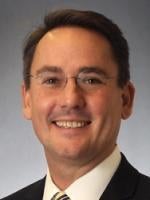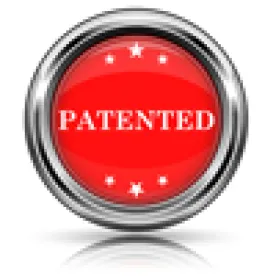On December 14, 2016, the Supreme Court granted certiorari in TC Heartland, LLC v. Kraft Foods Group Brands LLC. The question presented is:
Whether 28 U.S.C. § 1400(b) is the sole and exclusive provision governing venue in patent infringement actions and is not to be supplemented by 28 U.S.C. § 1391(c).
The petitioner seeks to overturn VE Holding Corp. v. Johnson Gas Appliance Co., 917 F.2d 1574 (Fed. Cir. 1990), which held that venue was proper, and accused patent infringers could be sued, in any district where there was personal jurisdiction. Given recent decisions by the Supreme Court overturning the Federal Circuit, the chances of VE Holding also being overturned is likely quite high.
The patent venue statute, 28 U.S.C. § 1400(b), states that patent infringement actions “may be brought in the judicial district where the defendant resides …” The general venue statute, 28 U.S.C. § 1391, contains a subsection (c) that, where applicable, deems a corporate entity to reside in multiple judicial districts. In Fourco Glass Co. v. Transmirra Products Corp., 353 U.S. 222 (1957), the Supreme Court held that the phrase “where the defendant resides” in Section 1400(b) “mean[s] the state of incorporation only” and “28 U.S.C. § 1400(b) is the sole and exclusive provision controlling venue in patent infringement actions, and that it is not to be supplemented by the provisions of 28 U.S.C. § 1391 (c).” Id. at 226, 229.
In 1988, Congress amended Section 1391(c). Shortly thereafter, the Federal Circuit held in VE Holding that the changes in the wording of Section 1391(c) “clearly applies to § 1400(b)” and thus the phrase “the judicial district wherein the defendant resides” in Section 1400(b) means “any district where there would be personal jurisdiction over the corporate defendant.” 917 F.2d at 1583. In 2011, Section 1391(c) was further amended. One amendment changed the language preceding the definition of corporate residence in Section 1391 from “For the purpose of venue under this chapter …” to “For all venue purposes …” Another amendment added the language “Except as otherwise provided by law” to Section 1391(a).
On a writ of mandamus to the Federal Circuit, TC Heartland argued that the 2011 amendments to Section 1391 changed the law governing venue for patent infringement suits in Section 1400(b), thereby rendering the Federal Circuit’s VE Holding decision no longer applicable to the venue issue. TC Heartland argued that since VE Holding no longer applied, the venue issue must be decided using the Supreme Court’s holding in Fourco, and thus the language “where the defendant resides” in Section 1400(b) means only the state in which the defendant is incorporated. The Federal Circuit rejected TC Heartland’s arguments, holding that its decision in VE Holding is still applicable, even after the amendments made to Section 1391 in 2011, which the Federal Circuit described as “minor.” The Federal Circuit thus denied TC Heartland’s mandamus petition.
Venue selection is generally considered critical in patent litigation. A decision by the Supreme Court reversing the Federal Circuit could limit the number of filings in popular districts viewed as patent-friendly, but where few corporate defendants are incorporated. A significant decrease in cases proceeding in a popular district like the Eastern District of Texas could lead to a significant increase in cases proceeding in Delaware (where many companies are incorporated). If the Supreme Court instead affirms the Federal Circuit, pending legislation in Congress, such as the VENUE Act (Venue Equity and Non-Uniformity Elimination Act, S. 2733), which would amend Section 1400 to limit the venues in which patent holders could bring suit, or the Innovation Act (H.R. 9) and its Senate counterpart, the PATENT Act (Protecting American Talent and Entrepreneurship Act, S. 1137) could still limit venue selection. In either case, venue promises to continue to be a contested topic.




 />i
/>i

